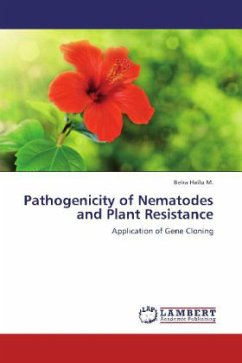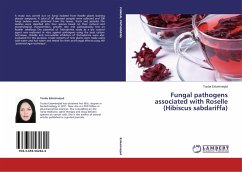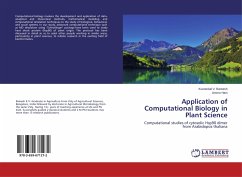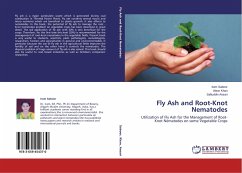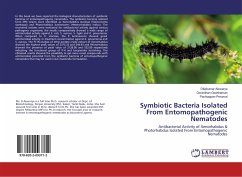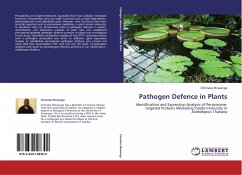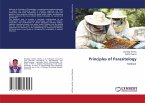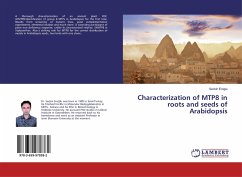The beet cyst nematode is an obligate plant parasite that causes a serious damage on several crops particularly the sugar beet. Previous control measures were mainly based on nematicides which are expensive and ecologically undesirable. However, the introduction of resistance genes that are expressed in the plant upon infection has appeared as a novel alternative approach. In this particular experiment, AtGRP-7 gene that encodes a Glycine-rich protein was cloned to characterize its role upon Arabidopsis thaliana infection by H. schachtii. Hence, transgenic lines expressing smRS-GFP-AtGRP-7 and pAM194-AtGRP-7 gene constructs were generated via Agrobacterium-mediated vacuum infiltration T-DNA transfer. For both of the constructs, through vacuum-infiltration, the transformation efficiency rate was approximately 0.3%. The insert was detected that it is expressed in the young part of the root. Nematodes inoculation of T1 plants overexpressing pAM194-AtGRP-7 indicated a preliminary insight that the nematodes were incapable to achieve further development in the root. Obviously, the nematodes were unable to fully establish syncytium, which is well characterized incompatible reaction.

